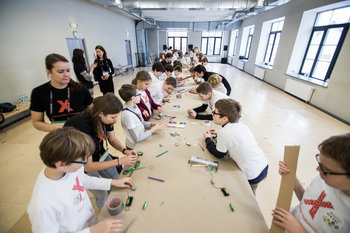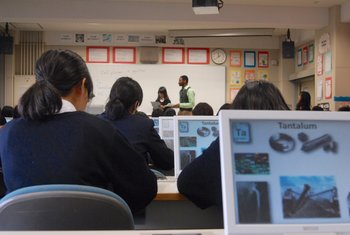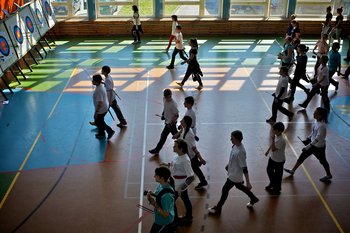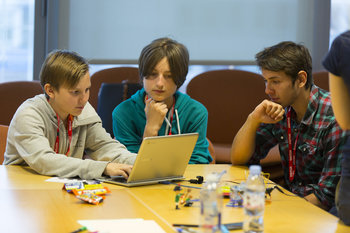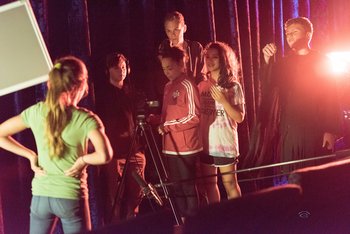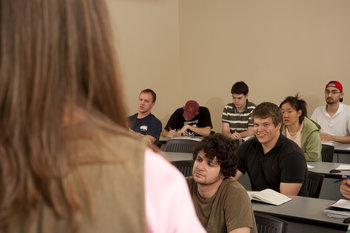Single Tasking
Spaced practice calls for short but frequent study periods that are intensive. Single tasking is the process of completely focusing on your studies or work. This requires all distractions to be avoided such as a smart phone.Rote Learning
Rote learning is the practice of memorizing things with a process of repetition. For example, using flashcards to remember a set of terminology or first principles. Rote learning is most effective when it is repeated in different sessions, particularly when these sessions span multiple days.Sustained Effort
Spaced practice requires an early start and a sustainable pace of work such that you can cover materials many times without burning out. This can be accomplished with a study schedule or the habit of tackling things early and often.Time Boxing
Time boxing is the practice of strictly scheduling your time into segments. For example, a student who strictly works in focused 40 minute sessions with 20 minute breaks with no more then 4 sessions in a night. This allows for the sleep, healthy eating, exercise and social activities that are necessary to sustain intensive studying over time.| Overview: Spaced Practice | ||
Type | ||
Definition | The process of learning iteratively such that you review, practice, recall, formulate and synthesize the same materials multiple times. | |
Related Concepts | ||






